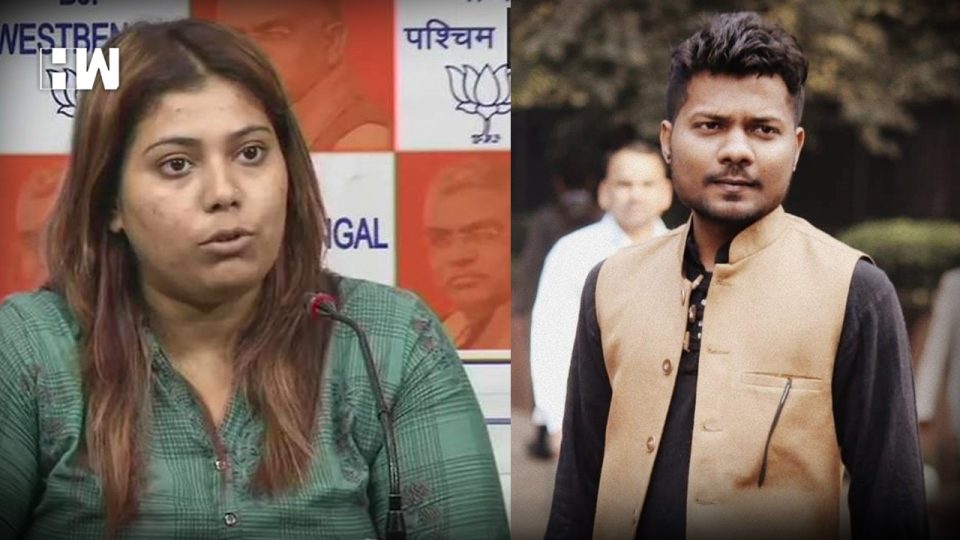New Delhi | The Supreme Court on Tuesday made a distinction between the cases pertaining to the arrests of BJP youth wing leader Priyanka Sharma and journalist Prashant Kanojia for making allegedly objectionable comments on social media.
Sharma was arrested last month by West Bengal police on a defamation complaint filed by a local Trinamool Congress leader for making allegedly objectionable meme of Chief Minister Mamata Bannerjee.
The top court had on May 14 granted bail to Sharma but had asked her to tender a written apology at the time of her release from jail for sharing the meme, saying that the freedom of speech of an individual ends when it infringes upon others’ rights.
While hearing Kanojia’s case on Tuesday, a vacation bench of Justices Indira Banerjee and Ajay Rastogi said, “In case of Priyanka Sharma, we have seen the post (meme) made on social media which was derogatory in nature and that’s why we had asked her to apologise.”
The bench, which granted bail to Kanojia, said fundamental right to liberty is “sacrosanct” and “non-negotiable”.
Kanojia had allegedly shared a video on Twitter and Facebook wherein a woman is seen speaking to reporters of various media organisations outside the chief minister’s office in Lucknow, claiming that she had sent a marriage proposal to Adityanath.
An FIR was registered against Kanojia by a sub-inspector at the Hazratganj police station in Uttar Pradesh last Friday in which it was alleged that accused made “objectionable comments against the CM and tried to malign his image”.
The apex court clarified that granting bail to Kanojia cannot be construed as approval of the posts or tweets.
The top court slammed the Uttar Pradesh government for arresting the scribe and observed that fundamental right guaranteed under the Constitution cannot be infringed upon by the state.
“May be, we don’t appreciate these tweets, but the question is whether he should be behind bars for these social media posts,” it said after perusing the tweets.
It was a “glaring case of deprivation of liberty” as Kanojia has been remanded to almost two-week judicial custody for putting up posts or tweets in social media, said the bench.
The top court order came on a habeas corpus petition (a writ for producing a person who is under arrest or in unlawful detention before a court) filed by Kanojia’s wife, Jagisha Arora, challenging his arrest.
As an independent media platform, we do not take advertisements from governments and corporate houses. It is you, our readers, who have supported us on our journey to do honest and unbiased journalism. Please contribute, so that we can continue to do the same in future.

